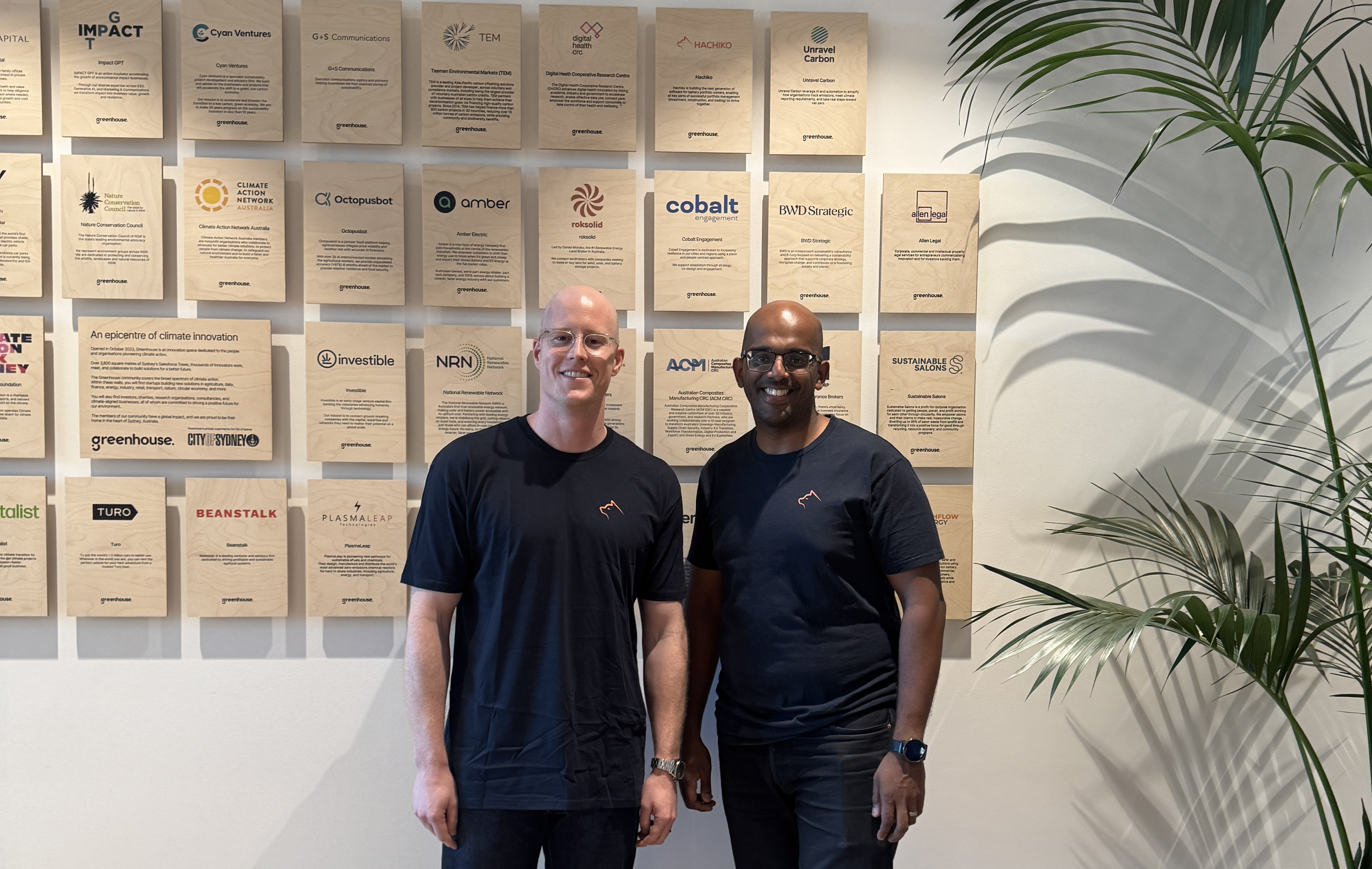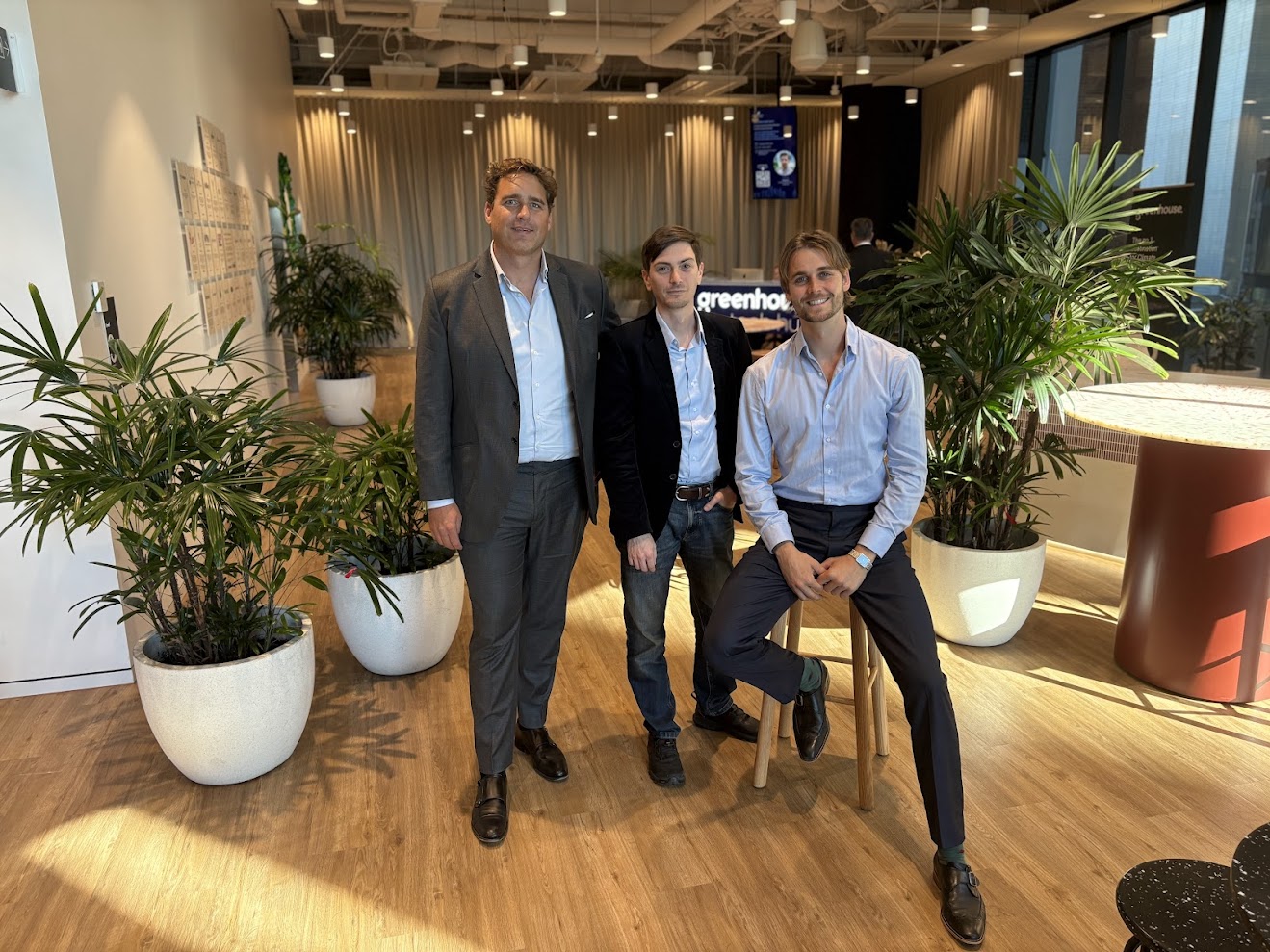
Whether we admit it or not, what we choose to buy is influenced by everything we see; by the things and people we encounter both in person and online. But what if you could instantly identify and buy products you see on a website, in a digital publication, or on your social media feed?
That’s exactly what Aaron Woolf’s company, TRENDii, gives you the power to do.
TRENDii is a programmatic, contextual ad solution that makes everyday content immediately shoppable. Leveraging proprietary artificial intelligence and machine learning systems, viewable content is instantly matched to products in an indexed database and made immediately purchasable through ad listings alongside content. In short, consumers can instantly buy the products at the point of inspiration.

We are thrilled to lead TRENDii’s $2.9m seed round, investing alongside a keystone strategic investor in the media industry, and a consortium of angel investors. You can read the full announcement on the company’s raise here.
A three-year journey to date
We’ve followed Aaron Woolf’s journey closely over the past three years, witnessing him consistently display his clear hustle, in-depth sector knowledge, passion, and savviness.
Aaron first approached Investible in 2018 regarding a company he founded prior to TRENDii called Referboard, a D2C platform enabling users to refer their favourite products to followers who could then buy the item. Through a series of iterations, Referboard transformed into TRENDii, initially a standalone D2C ‘shop the look’ application that, after noticing the opportunity and macroeconomic tailwinds in the adtech sector, expanded into the contextual advertising platform it is today.
As we continued to follow Aaron’s journey and saw TRENDii gain traction and validation, we gained conviction to back the company. It’s an incredible signal when founders like Aaron take on our very early feedback, and stay in touch with us as their journey continues. As we often say, a "no" is often just a "not yet".
The death of the third-party cookie
Publishers are struggling to keep up in increasingly competitive spaces and are seeking new and innovative ways to engage and generate revenue from their audience. On the other side of the equation, retailers are having to undertake new efforts to attract high-value customers who want their products. These issues have been compounded by recent data and privacy changes that restrict pinpointed audience-targeting strategies. In response to these changes, we’ve seen changes such as Chrome phasing out third-party cookies, the introduction of GDPR regulations, and iOS blocking Facebook data capture.
While most consumers may be happy with their internet activities no longer being systematically tracked, businesses that rely on traditional customer data-dependent marketing channels are fighting an uphill battle to stay relevant. It’s truly shaking up the digital marketing industry.
With the death of these third-party cookies becoming a fast-approaching reality, TRENDii is a timely and scalable digital marketing alternative for brands. By indexing off content instead of behavioural data, TRENDii offers an ability to drive new customer acquisition through contextual commerce as brands will be forced to pivot towards more compliant practices that don’t rely on third-party cookies.
Key customer relationships as a growth accelerant
TRENDii is currently owning its niche in advertising for viewable fashion products, with the platform also applicable to other broader verticals (e.g., homewares) as well. The existing relationships Aaron and his team have built indicate strong traction signals, as they enter this next phase of growth.

Following successful beta testing across a number of publishers, TRENDii is working closely with Daily Mail, Are Media, News Corp, and PopSugar, and looks forward to expanding their partnership portfolio to create shared value for eCommerce and publisher businesses worldwide. TRENDii delivers an average 8X better CTR (Click-through-rate) for brands compared to programmatic advertising, and the results are continually being improved.
We look forward to supporting Aaron as he aims to empower consumers to shop whenever and wherever inspiration strikes them, instantly and easily through contextual advertising, making shopping not a destination but a natural extension of our everyday experiences.






